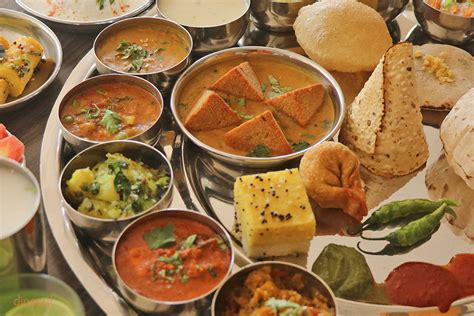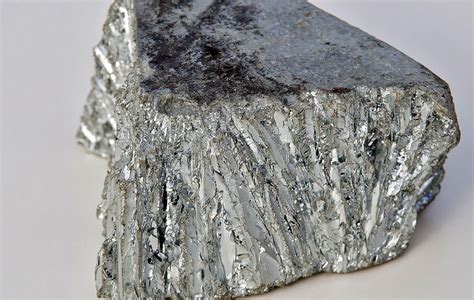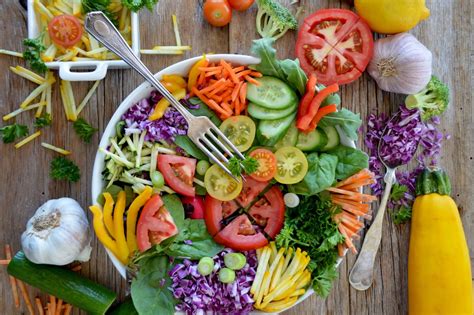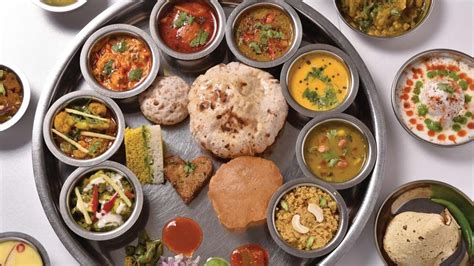Foods to boost men’s testosterone naturally for peak performance?

Understanding Testosterone’s Role in Men’s Performance
Testosterone is the primary male sex hormone, playing a pivotal role in more than just libido. It’s crucial for muscle mass, bone density, red blood cell production, fat distribution, and even mood and energy levels. As men age, testosterone levels naturally decline, but lifestyle factors, including diet, can significantly impact these levels. Optimizing your diet to support natural testosterone production can lead to improved physical performance, mental clarity, and overall well-being.
While various factors contribute to healthy testosterone, nutrition stands out as a powerful, natural lever. Focusing on nutrient-dense foods can provide the essential building blocks and cofactors required for hormone synthesis, helping men maintain peak performance throughout their lives.

Essential Nutrients for Testosterone Production
Several key nutrients are directly involved in testosterone synthesis and regulation. Zinc, Vitamin D, and healthy fats are perhaps the most well-researched, but magnesium and other micronutrients also play crucial supporting roles. Incorporating foods rich in these compounds is foundational to a testosterone-boosting diet.
Zinc-Rich Foods: The Mineral Powerhouse
Zinc is a vital mineral that influences testosterone levels. Studies have shown a correlation between zinc deficiency and low testosterone. It’s involved in numerous enzymatic processes, including those that regulate hormone production.
- Oysters: Often hailed as the ultimate aphrodisiac, oysters are an incredibly rich source of zinc. Just a few can provide your daily recommended intake.
- Red Meat: Beef and lamb, especially grass-fed varieties, are excellent sources of zinc, as well as protein and healthy fats.
- Shellfish: Crab and lobster also offer significant amounts of zinc.
- Beans and Legumes: Chickpeas, lentils, and black beans provide zinc, fiber, and plant-based protein.
- Nuts and Seeds: Pumpkin seeds, cashews, and almonds are good sources of zinc and healthy fats.

Vitamin D: The Sunshine Vitamin’s Hormonal Link
Often referred to as a pro-hormone, Vitamin D plays a crucial role in many bodily functions, including testosterone production. Research suggests that men with higher Vitamin D levels tend to have higher testosterone. While sunlight exposure is the primary way to get Vitamin D, dietary sources are also important, especially in regions with limited sun.
- Fatty Fish: Salmon, mackerel, tuna, and sardines are among the best dietary sources of Vitamin D. They also provide beneficial omega-3 fatty acids.
- Fortified Foods: Milk, orange juice, and some cereals are often fortified with Vitamin D.
- Egg Yolks: While not as high as fatty fish, egg yolks contain Vitamin D, along with healthy fats and protein.
Healthy Fats: Not All Fats Are Equal
Dietary fats are critical for hormone production, including testosterone. The body needs cholesterol, which is derived from fats, to synthesize steroid hormones. Emphasizing monounsaturated and polyunsaturated fats, while limiting saturated and trans fats, is key.
- Avocados: Rich in monounsaturated fats, Vitamin K, and other vital nutrients, avocados support overall hormonal health.
- Olive Oil: Extra virgin olive oil, a staple of the Mediterranean diet, is packed with monounsaturated fats and antioxidants.
- Nuts and Seeds: Almonds, walnuts, chia seeds, and flaxseeds provide healthy fats, fiber, and various micronutrients.

Magnesium-Rich Foods for Optimal Function
Magnesium is another essential mineral that may indirectly impact testosterone levels by reducing chronic inflammation and improving insulin sensitivity. Studies have shown that magnesium supplementation can increase free and total testosterone levels in men.
- Leafy Green Vegetables: Spinach, kale, and Swiss chard are excellent sources of magnesium.
- Whole Grains: Oats, brown rice, and whole wheat bread provide magnesium and fiber.
- Dark Chocolate: A delicious source of magnesium and antioxidants (choose varieties with high cocoa content).
Other Beneficial Foods for Hormonal Support
- Garlic: Contains allicin, which may help lower cortisol (a stress hormone) and indirectly support testosterone.
- Ginger: Traditional medicine suggests ginger may improve fertility and testosterone levels.
- Pomegranates: Rich in antioxidants, pomegranates have been shown to improve mood and testosterone levels in some studies.
- Cruciferous Vegetables: Broccoli, cauliflower, and cabbage contain compounds that help the body metabolize estrogen, potentially balancing hormone levels.

Foods to Limit or Avoid
Just as important as what you include in your diet is what you exclude. Certain foods can negatively impact testosterone levels:
- Processed Foods and Sugary Drinks: Often high in unhealthy fats, sugar, and artificial ingredients, these can lead to inflammation and weight gain, both detrimental to testosterone.
- Excessive Alcohol: Chronic heavy alcohol consumption can directly interfere with testosterone production and metabolism.
- Soy Products (in excess): While generally healthy in moderation, some studies suggest that very high intake of soy isoflavones might have estrogenic effects, though more research is needed for definitive conclusions regarding testosterone.
Embracing a Holistic Approach
While diet is a cornerstone, natural testosterone optimization is a holistic endeavor. Alongside a nutrient-rich diet, ensure you prioritize regular exercise (especially strength training), adequate sleep, and stress management. Maintaining a healthy weight is also crucial, as excess body fat can convert testosterone into estrogen.
By making informed dietary choices and adopting a healthy lifestyle, men can naturally support their testosterone levels, leading to enhanced performance, vitality, and overall health. Always consult with a healthcare professional before making significant dietary changes or starting new supplements, especially if you have underlying health conditions.









